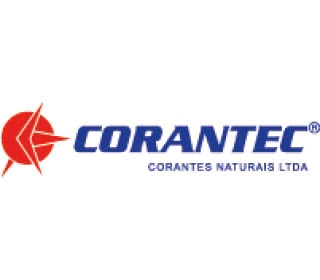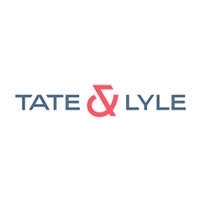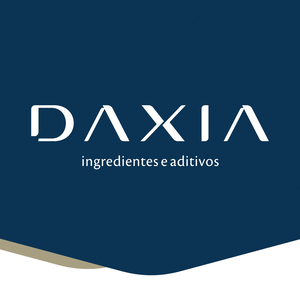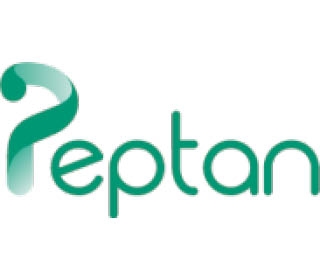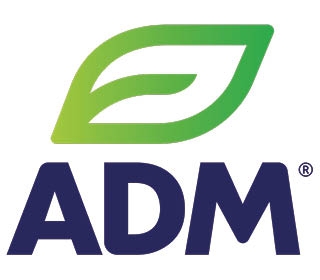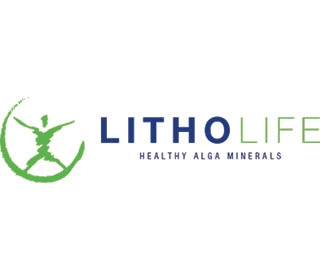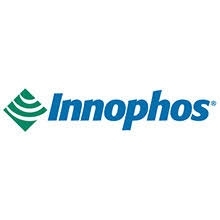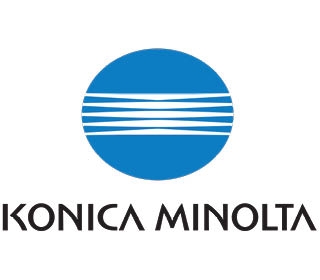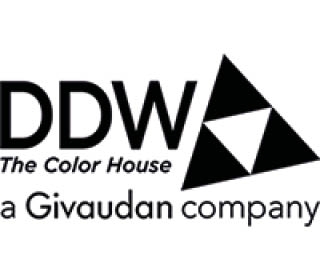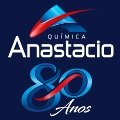Solutions for flexitarians: Ingredion launches organic pea protein isolate, amid plant-based push
Ingredion has launched a new certified-organic addition to its line of plant-based proteins for the US and Canada. VITESSENCE Pulse 1803 organic pea protein isolate provides “key formulation functionality while helping manufacturers create in-demand, high-protein products that support consumer-desired claims.”
“Pea protein isolate is key to Ingredion’s protein portfolio,” Kristen Germana, Senior Marketing Manager for US and Canada, Nutrition at Ingredion, tells. “VITESSENCE Pulse organic pea protein isolate joins its conventional sister product as an important addition our full portfolio of protein flours, concentrates and isolates.”
Germana points to research showing that more people are aspiring to eat in a more “flexitarian” way, which means they mindfully aim to choose plant proteins over animal proteins on more occasions. “Where consumers go, customers go, and we are excited to co-create delicious plant-based foods with our customers. Traditional areas for plant-based proteins have included bakery, snacks and pasta. More recent growth categories include dairy/dairy alternatives, meat alternatives, sauces, etc.,” she notes.
Traditional areas for plant-based proteins have included bakery, snacks and pasta. The launch of VITESSENCE Pulse 1803 organic pea protein isolate follows Ingredion’s December 2018 announcement outlining US$140 million of strategic investments to further position the company with an expanded, broad range of plant-based proteins to support global demand. The investments were made to accelerate the future production of plant-based proteins at two facilities in North America, including one in Nebraska, assuring a local, steady supply of pea protein isolate and a range of pulse-based flours and concentrates. One of them is partly owned by Oscar-winning director James Cameron who is best known for big budget movies such as Titanic and Avatar, and has previously channeled funds into Canada’s pea protein processing capabilities.
Innova Market Insights reports that pea protein continues to be among the fastest growing plant proteins. In terms of average annual growth of new food & beverage launches with protein ingredients (CAGR, 2015-2017), the standouts include: rice protein (65 percent), soy protein concentrate (60 percent), pea protein (48 percent), soy protein (19 percent) and potato protein (16 percent).
VITESSENCE Pulse 1803 organic pea protein isolate can be used to formulate a broad range of protein-rich products in a variety of on-trend categories, including nutrition and sports bars; alternative meat and alternative dairy products; powdered and RTD beverages; and better-for-you baked goods and baking mixes. Ingredion’s proprietary research has shown that VITESSENCE Pulse 1803 organic pea protein isolate offers formulators excellent solubility, emulsification, as well as water and oil-holding capacity.
The sensory profile of Ingredion’s organic pea protein isolate is characterized by a “smooth, creamy texture and a consumer-pleasing flavor” that is lower in raw and green notes than other plant-based solutions. These sensory and formulation characteristics make it a preferred and versatile choice in a variety of plant based products.
More recent growth categories for plant-based proteins include dairy/dairy alternatives, meat alternatives, sauces, etc.The organic pea protein isolate:• Contains a minimum of 80 percent protein, helping manufacturers reach the 10 grams (or more) per serving needed for “excellent source of protein” claims in the US.• Is certified by QAI, supporting “USDA organic” claims.
• Can reduce and replace major allergens, such as dairy and eggs.
• Supports “gluten-free” claims.
• Offers consumers non-GMO assurance.
• Allows manufacturers to respond to consumer desire for “free-from” foods and beverages.
• Supports “vegetarian” and “vegan” claims because it does not contain animal products.
“VITESSENCE Pulse 1803 organic pea protein isolate is not only an important step forward for Ingredion’s new growth platform but also underscores our commitment to accelerating plant-based protein production globally,” says Yadu Dar, Ingredion’s Director, Strategic Business Development and Alliance Management. “This means manufacturers now have access to a high-functioning, organic plant-based protein with a safe and reliable supply – enabling them to create high-protein products that meet and exceed consumer expectations.”
Unlike other pea proteins on the market, VITESSENCE Pulse 1803 organic pea protein isolate is part of Ingredion’s broad and growing line of plant protein solutions (flours, concentrates and isolates), which includes a non-organic option, VITESSENCE Pulse 1803 pea protein isolate. In terms of securing supply, Germana states: “Ingredion is known for having high quality standards and we apply those to our organic pea protein isolate. We have worked with our quality and regulatory teams to ensure a reliable organic supply chain.”
VITESSENCE Pulse 1803 organic pea protein isolate is claimed to have a favorable sensory profile when compared to competitive alternatives and versatile functionality. “This enables it to work well in many applications – from baked goods to dairy and meat alternatives to beverages and beyond. It is a versatile, highly functional product that helps enable organic and high protein claims,” says Germana.
Moving forward, she notes several avenues that the company is exploring within the plant-based space. “We are reviewing what functionality we can further develop from pea protein isolate including solubility, ability to form a gel, and other properties of interest that can enable desired product claims,” she notes. “Further, we are working on whether we can use pulse bases beyond pea (e.g., lentils, faba beans) and the benefits this brings to our customers,” Germana adds.
At Natural Products Expo West (March 7-9), which continues today in Anaheim, Ingredion is showcasing how plant-based eating can come to life in beverages, snacks and alternative dairy products. “To help bring plant-based eating into more lives,” author Suzy Amis Cameron signed copies of her book, OMD: The Simple, Plant-Based Program to Save Your Health and Save the Planet at Ingredion’s booth yesterday.
Suzy Amis Cameron says, “We are excited to be working with Ingredion, combining our collective resources to support the expansion of plant-based proteins. Plant-based food is the future – and there are great synergies working with an ingredient manufacturer closely aligned with consumers’ evolving preferences.”
“As part of Ingredion’s investments into plant-based proteins, we are excited to be working with Verdient Foods Inc., and the Cameron family to combine our collective resources to support the expansion of plant-based proteins,” says Yadu Dar, Ingredion’s Director, Strategic Business Development and Alliance Management.
The alternative protein space is heating up with announcements on the supply side coming on an almost daily basis. Last week, Beneo inaugurated its new Belgium-based BioWanze plant for texturized wheat protein (TWP), in cooperation with fellow Südzucker Group subsidiary CropEnergies. When running at full capacity, the plant will be capable of producing enough TWP to create 1 million vegetarian burger patties per day. he move into TWP comes despite there being several major fellow ingredient suppliers already operating in this space, including French players Tereos and Roquette.
The March 2019 issue of The World of Food Ingredientswill feature an article around the market for pea protein. Author Henk Hoogenkamp notes that drawing more protein from plants is an activity that has become a priority for specialty ingredient companies such as Cargill, ADM, DowDuPont, Roquette and Cosucra. He notes that global pea protein isolate sales are expected to quadruple by 2025, with a huge part of this sales increase due to its use in plant-based meat products. “ADM will be moving into the fast growing pea protein market when their North Dakota plant opens up in 2019. ADM’s pea proteins will have a minimum protein content of 80 percent, while pea starch and fiber will be secondary ingredients in their portfolio, probably directed towards the animal nutrition market,” he notes








